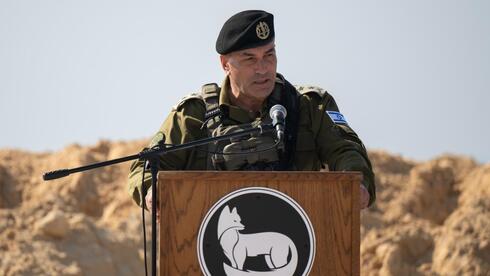With the letter stopping short of a blanket refusal to serve, the military leadership is drawing a firm red line: criticism is tolerated, but undermining military cohesion is not. “How can commanders trust an active reservist who signs a statement like that? Will he carry out his mission?” a senior air force official asked. “It’s a very slippery, dangerous slope.”
All living former air force commanders, from Lt. Gen. (ret.) Dan Halutz on down, have rallied behind Bar—a rare show of unity in a branch that prides itself on close‑knit camaraderie.
Many Israelis on the political right have been quick to point out that most signatories come from the country’s wealthier urban centers. But critics say the real culprit is a decade‑and‑a‑half of Likud-led governments that failed to invest adequately in education and opportunity in Israel’s outlying regions, leaving too few young people from these areas qualified for technical corps or flight school.
Retired Lt. Col. Aviv Itani, a former air force officer who has spoken out against mixing politics and the military, telling Ynetnews: “My comrades in the reserves have lost their way. Who put them in a position to make these demands? Uniforms must not bring politics into the army.” He added, “We’re all equal under the flag—pilots, tank crews, CEOs, union leaders or waiters.”
Israel is waiting for news from Oman
On the Syrian front, discussions with Turkey aim to establish a de‑confliction mechanism similar to the one Israel once operated with Russia under President Bashar al‑Assad.

With so many pressing challenges on every front, one can only hope the chief of staff will find the time—and the political support—to develop them, rather than getting bogged down in internal strife.




